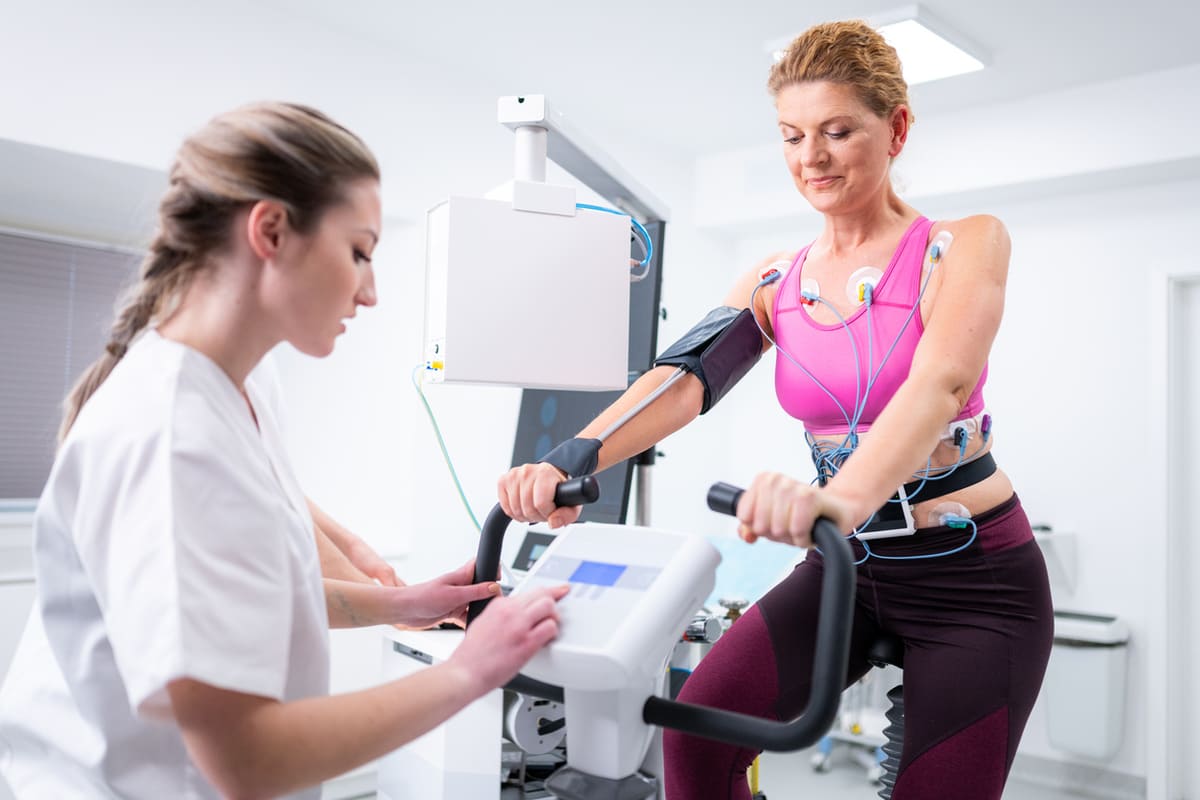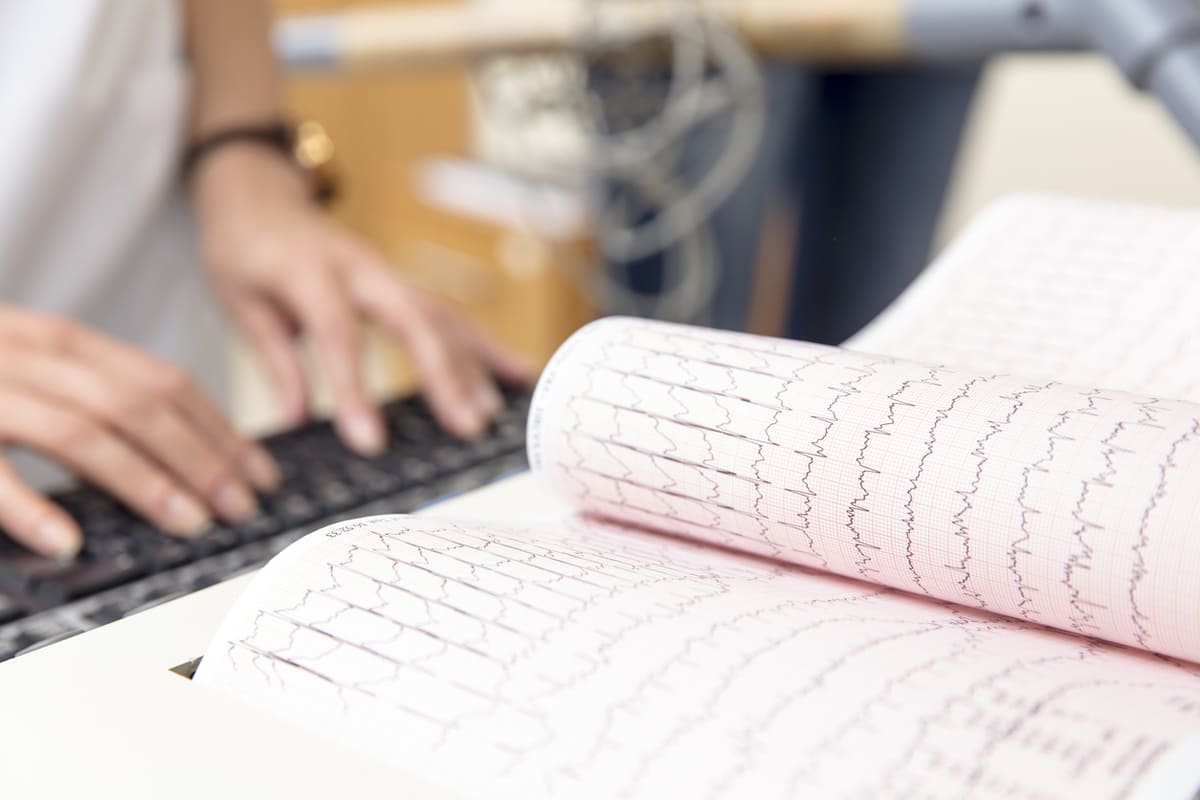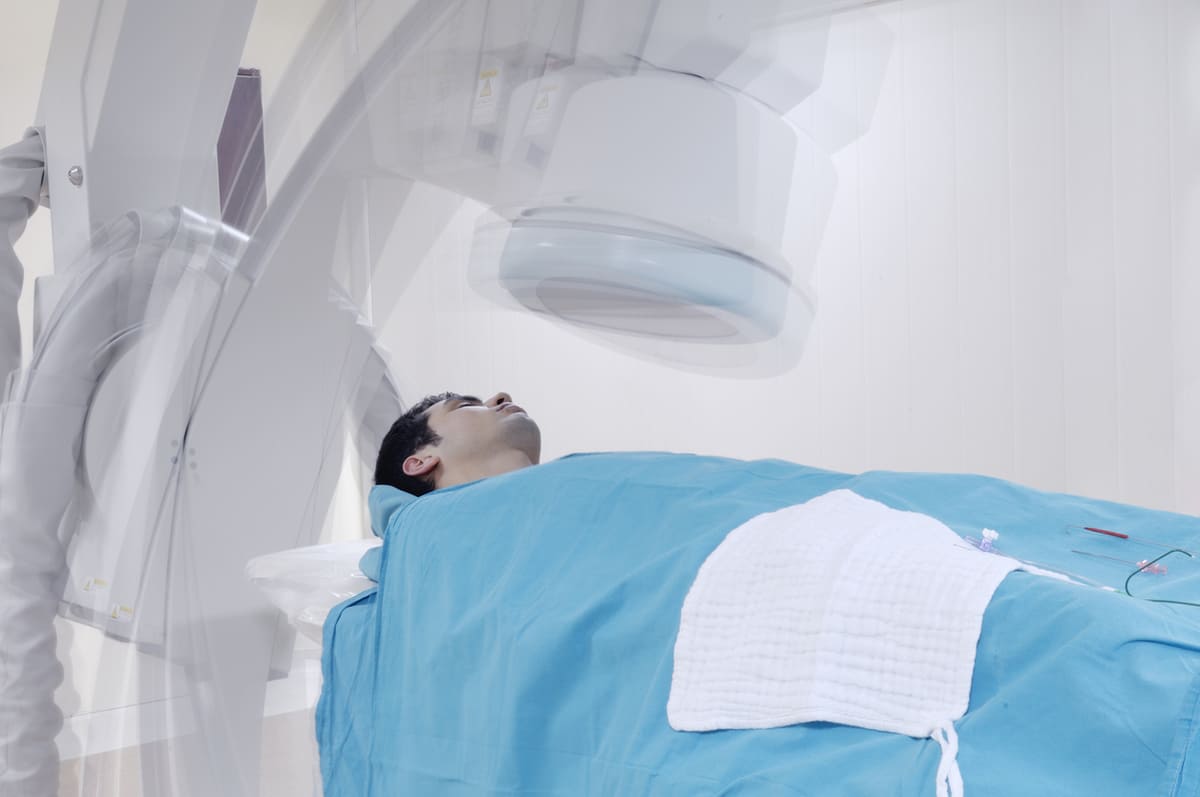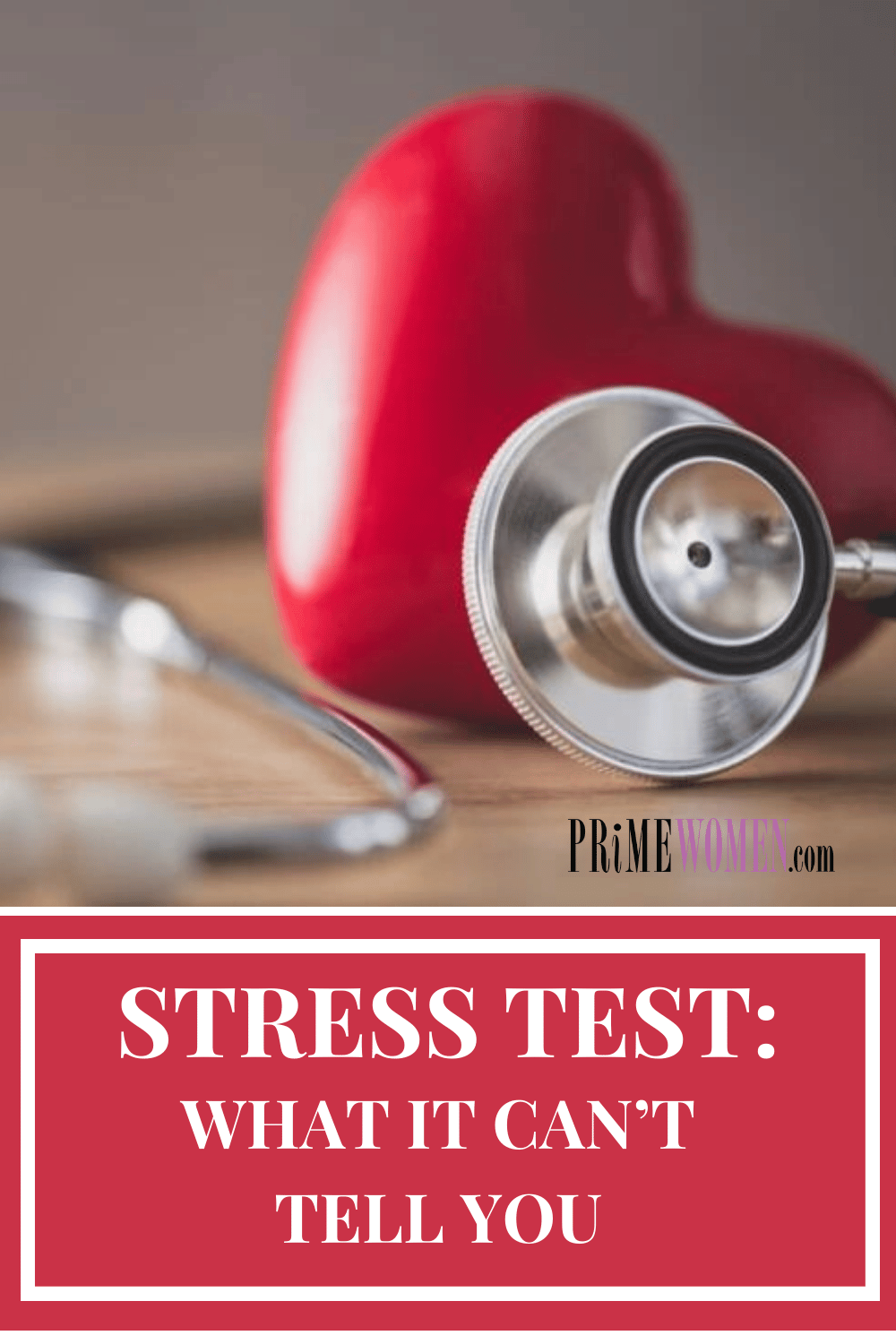Every 40 seconds, someone in the United States has a heart attack, according to the CDC. It’s important to know if you’re at risk. But the mere mention of a stress test is enough to make some people’s hearts skip a beat. The name sums it up: the test can be stressful. Meanwhile, even the experts say some stress tests are overused and unnecessary and can even put you at risk.
The American College of Physicians (ACP) actually has guidelines that say there is no evidence these types of screenings benefit people with low risk. So, maybe it’s time to reevaluate the go-to stress test and consider other options, including the echocardiogram, angiogram, and calcium-score screening.
What’s a Stress Test?

There are several kinds of stress tests, but they all ultimately evaluate the blood supply to the heart. The intention is to identify a blockage in an artery. Typically, a stress test involves some level of exercise, such as walking on a treadmill or riding a stationary bike, while your heart rhythm, blood pressure, and breathing are monitored. But it may miss someone at risk. Often, people without significant blockages, or those with no previous symptoms, can still end up with a heart attack. A stress test can’t identify those patients, or their test will come back as normal.
So, Who Should Still Get a Stress Test?
If you’re having ongoing symptoms, especially with a history of heart problems, the stress test may indicate where the blockages are happening. Your doctors need that information to get a closer look through a heart catheterization or prescribe certain medications to help. As for determining who needs it, experts say physicians should consider their patient’s risk factor profile, symptoms, age, and activity level.
Who May Be Better Off With Other Options?
Most people who do not have symptoms or ongoing heart issues, like shortness of breath, may not need the typical stress test. Recent studies even find them unnecessary and risky, indicating they’re often overused. For example, if you get an exercise stress test, an EKG (electrocardiogram) is hooked up to you while you walk or jog on a treadmill.
In one survey, 1200 adults between 40 and 60 said they had no history or symptoms of heart disease, but almost half had an EKG in the last five years, and nearly 10% had an exercise stress test. Neither of those tests will harm you outright, but the results may not be clear, and the follow-up testing could be harmful. For example, the doctor may request angioplasty to force the arteries open. That involves dye and an x-ray, and a catheter being threaded into the heart’s vessels. Angioplasty may help, but it also can cause a heart attack in one to two out of every 100 patients. Often, lifestyle changes and medication are enough to lower the odds.
What Other Options Are Worth Considering?
There are a few other possible ways to test for heart conditions that physicians may prefer. We’ll look at three options: Echocardiogram, CT Angiogram, and Calcium Marker.
Echocardiogram

The echocardiogram is often referred to just as the “Echo.” It uses sound waves to produce images of your heart, essentially creating an ultrasound image. It allows your doctor to see your heart beating and pumping blood and identify potential heart disease. There are few risks involved, and it’s noninvasive. It doesn’t use radiation, and there are typically no side effects. There are several different kinds, but the transthoracic is the most common and is very similar to what you might have experienced when having ultrasounds during pregnancy. However, in this case, it’s focused on your heart.
Noninvasive CT Angiograms

CT angiograms are less invasive than traditional angiograms. With a standard angiogram, a catheter is inserted into the artery and the area being studied. A CT angiogram doesn’t require a catheter. And it’s been found to be more successful in finding heart blockages than the traditional stress test. In one study by Johns Hopkins researchers, published in the journal Circulation: Cardiovascular Imaging, they found that the CT scans found blockages in nine out of 10 people, compared to stress tests, which only picked up six out of ten. Some believe this should become the key gatekeeper and replace the typical stress test.
Calcium-score screening

A calcium-score screening is an option if you have a family history of heart disease but no symptoms and just want to check for plaque around the heart. It’s suggested if you’re a past or present smoker, have a history of high cholesterol, diabetes, or high blood pressure, or are overweight. For this test, techs use an X-ray where radiation exposure is low, and no contrast dye is needed.
For the test, you’ll lie on a special scanning table, where they’ll attach two small, sticky electrode patches on your chest. Those are attached to an EKG monitor, which charts your heart’s electrical activity during the test. The table will slide you inside a scanner where a high-speed CT scan will capture multiple images. A computer program will analyze the images, looking for the calcification of the arteries. If none is found, the exam is considered negative. If calcium is found, the computer will create a score estimating the extent of artery disease.
It only takes a few minutes, and results can be ready almost immediately. Ideally, your score will be close to zero, which means you have very little chance of a heart attack within the next ten years.
The Bottom Line
If you’re not sure whether you should get a stress test, talk with your doctor to go over any symptoms (if you have any) and review your medical history. If you’d like alternative options, request them instead. You should know that your insurance may not cover the cost, especially with the newer calcium-score scan. Each test is worth considering, though, for peace of mind, if nothing else.
This article on medical tests is for informational purposes only, is not intended to diagnose, treat, cure, or prevent any disease, and is not a substitute for medical advice. The above recommendations are indeed just that. If you notice changes in your health, seek medical attention promptly and do not wait for your annual checkup.
Read Next:
7 Top In-Home Testing Kits for Better Living
12 Medical Tests for Women Over 50
Stress Test Vs. Echocardiogram: Understanding the Difference








